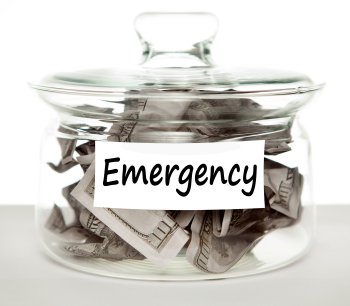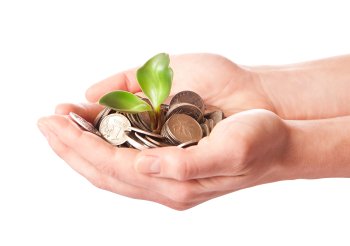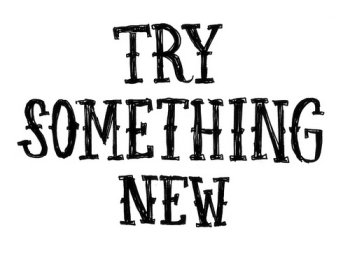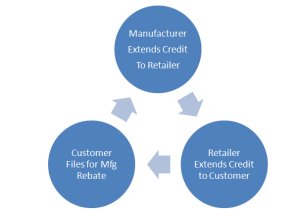Should You Use Payday Loans or Overdraft Checks?
 Let us talk about the elephant in the room: you need more money in the short term than you have. Maybe you have an unexpected auto expense, medical bill, or perhaps one of your pets was injured. Whatever the case, you don’t have enough money in savings, cannot borrow what you need from friends or family, and have no available credit to work with. Maybe your cards are maxed out or you cut up your credit cards.
Let us talk about the elephant in the room: you need more money in the short term than you have. Maybe you have an unexpected auto expense, medical bill, or perhaps one of your pets was injured. Whatever the case, you don’t have enough money in savings, cannot borrow what you need from friends or family, and have no available credit to work with. Maybe your cards are maxed out or you cut up your credit cards.
The payday loan problem has become a matter of national concern. These predatory “loan” companies pile on so many fees and such high interest rates that they manage to keep as many as 80% of their customers trapped in an endless cycle of continually paying on the small loans they take out. The Consumer Financial Protection Bureau proposed new rules last month to help consumers avoid becoming mired in these sleazy loan schemes.
Naturally the Payday Loan industry has stepped up efforts to make themselves look like they are friends to consumers. Investors love these kinds of companies, however, because of the high profits they make. State and Federal governments have failed completely to rein in the outrageous lending practices and interest rates these companies charge their customers. The Payday Loan system is worse than automated monthly charges that unscrupulous retailers slip onto your credit cards.
Some banks have allowed their customers to borrow against their next direct deposits for flat fees. Wells Fargo used to do this but they discontinued the practice about the time they reached a settlement with the Federal Government over unfair fees they were charging customers. And yet, the Wells Fargo system was much more consumer-friendly than the Payday Loan system because you were not constantly hit by new fees and interest rates.
Banks do still offer alternatives to applying for small loans, though. They may set up “overdraft protection” by tying your checking account to a savings account or credit card. Of course, the consumers most likely to need short-term loans probably don’t have savings or credit cards. So overdraft protection is not useful for people who fall behind on their bills.
That leaves one last alternative which, unfortunately, can lead to prosecution for theft: simply writing a bad check. If you have a good history of maintaining reasonable account balances with your bank they may honor direct debits and checks that hit your accounts at inconvenient times, charging you $20-45 in overdraft fees. You may even have up to 30 days to pay off the overdraft before the banks close your accounts.
While this is no way to live and a bank may not tolerate a series of overdrafts, those 1-time fees — often viewed as excessive by consumers — are considerably cheaper than the fees and interest that Payday Loan companies charge. In fact, if you have to drain your account for an emergency on a weekend when you know that five monthly bills are about to hit your account on Monday, you may still come out better having to cover $200 in overdraft fees (1 per charge) than in taking out the Payday Loan.
This is an expensive form of credit and the bank does everything it can to discourage you from relying on this kind of short-term loan. And if you scan police arrest Websites you will find that many people are arrested every month for writing bad checks. But it’s nonetheless a much more bearable expense than a high-interest, multiple “late charge” bearing Payday Loan. Predatory credit just does not measure up well against an innocent overdraft fee unless you can really, truly, seriously pay off that loan with your very next paycheck.
Just remember that most people cannot pay off the Payday Loan. That’s why you want to exhaust every other possibility before you even consider using one of those companies. And even then you should sit down, take a deep breath, and ask yourself how long you want to service a simple $200 loan.




